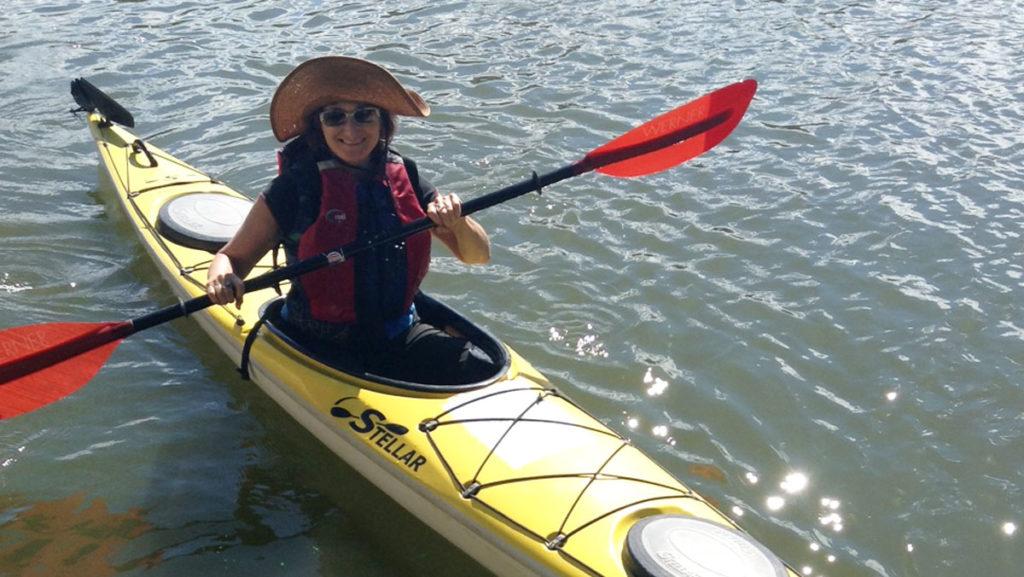In Cape Town, South Africa, it’s another day, month, year of drought. Water starts to run out. It’s rationed. Faucets run dry. Long lines form at springs in poor neighborhoods. The wealthy dig wells into the disappearing underground water supply.
Cape Town could be the first city in the world to run out of water. Sao Paulo nearly ran out a few years ago, but sudden rains provided fresh water along with devastating floods after years of drought. They were temporarily saved. Painfully, we all begin to understand that fresh water is not infinite, though we have been lucky enough to think it was. Less than 1 percent of all water on earth is available for drinking. Our rapidly growing global population uses this finite resource for flushing toilets, washing cars and all manufacturing and agriculture. With Cape Town running dry and 11 other cities and several countries on the water alert list, it is time for us to open our eyes and see the interconnection between all the systems on our planet and our physical well-being.
People ask what we can do to help preserve water. The first step is simple: respect and appreciate water instead of taking it for granted. Remember that it is essential. Know where your water comes from before it reaches the faucet. Understand our global interconnections so we can begin to develop a water awareness and ethic.
It’s time to understand that vast amounts of water are used to make everything we own and eat — our clothes, food, smartphones and cars all use vast quantities of water from start to finish. It’s called virtual water and we each have a water footprint. Our goods come from all over the world, so we are using other countries fresh water without knowing it. From South Africa, we import $8.5 billion worth of items each year including apparel, footwear, vehicles and parts, and fruits and nuts. Producing each of these uses huge amounts of water from South Africa’s limited supply. We are connected to South Africa in ways we don’t realize.
The perfect storm of overdevelopment, population growth and climate change no longer allows us to take water for granted. As David Olivier, research fellow at the Global Change Institute in South Africa reported on National Geographic’s website, “The fundamental problem is the kind of lifestyle we’re living. There’s almost a sense of entitlement that we have a right to consume as much as we want. The attitude and reaction of most posts on social media is indignation. It’s ‘we pay our taxes’ and therefore we should be as comfortable as possible.”
There are several positive steps South Africa has taken. Desalination plants are being built, but are not yet ready for use. Groundwater reclamation projects to retain and replenish water have existed for years. The government now discourages newly dug wells because they deplete the groundwater. Harvesting fog can be implemented on Table Mountain near Cape Town. Many people in South Africa observed that insufficient government support and coordination helped increase the severity of this water shortage. Water protection is a political issue that needs attention from citizens in all countries.
We need to become water thinkers. If you want to join in the water people – water ethics – water thinker movement, ThinkWater is a good place to start. Check it out at www.thinkwater.us.
It is hard to take this all in. Our daily lives are busy with to-do lists, work demands and friends. If we are brave enough to look — and brave you are if you have read this far — we begin to understand the connection between our daily actions and the outcomes. We understand we need to be water–aware no matter where we live. Even here in water-abundant Ithaca, just because we have enough it doesn’t mean we should waste it.
When I was in my 20s and looked ahead, I saw a lack of water on our planet as the cause of our demise. All I’ve ever wanted was to be wrong.














